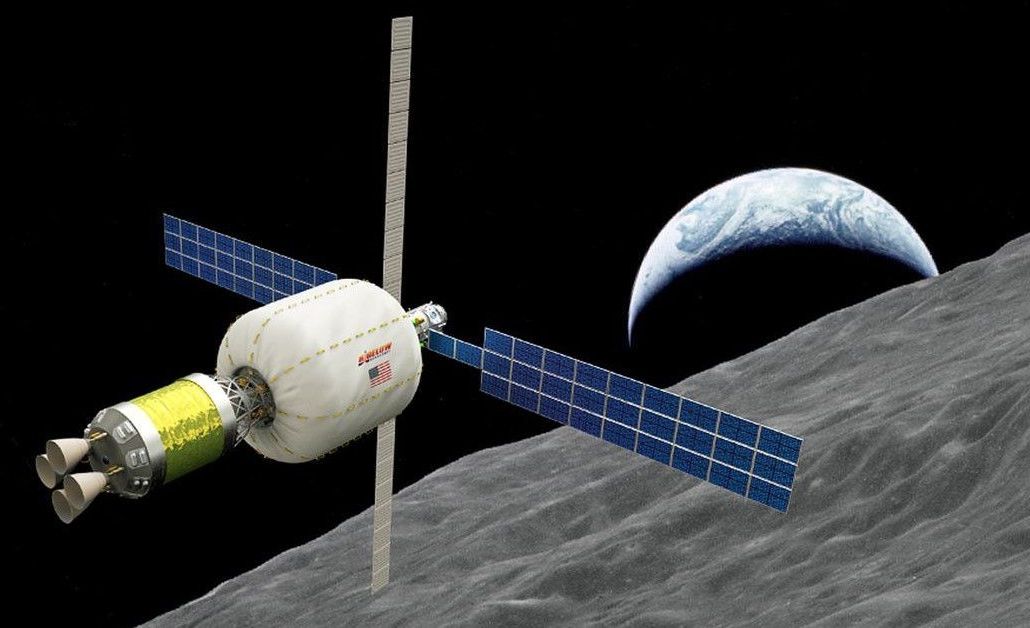It has proposed spending a total of US$12.7 million on technical upgrades to the vault to better protect the more than 930,000 seed varieties inside. It has completed a feasibility study and plans to move ahead with the construction of a new concrete access tunnel and a new service building for the emergency power, refrigeration units and electrical equipment.
Global food security is serious business, and when you have water seeping into a doomsday facility built to shore up food supplies for the future, well, that’s hardly ideal. But such breaches should be a thing of the past, with Norwegian authorities overseeing the Svalbard Global Seed Vault planning a multi-million dollar overhaul of the structure.





